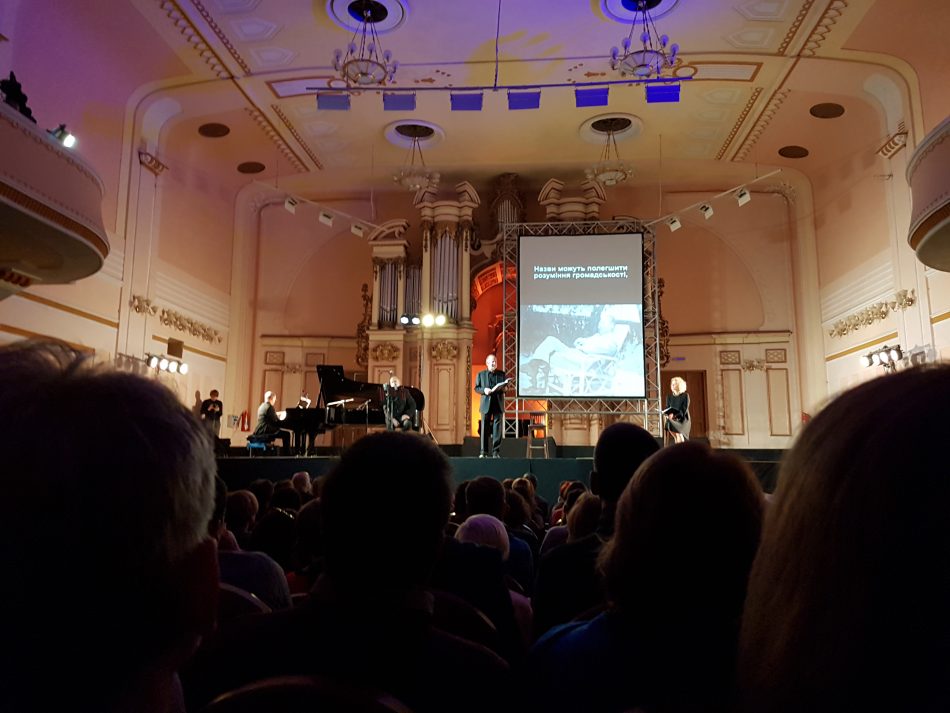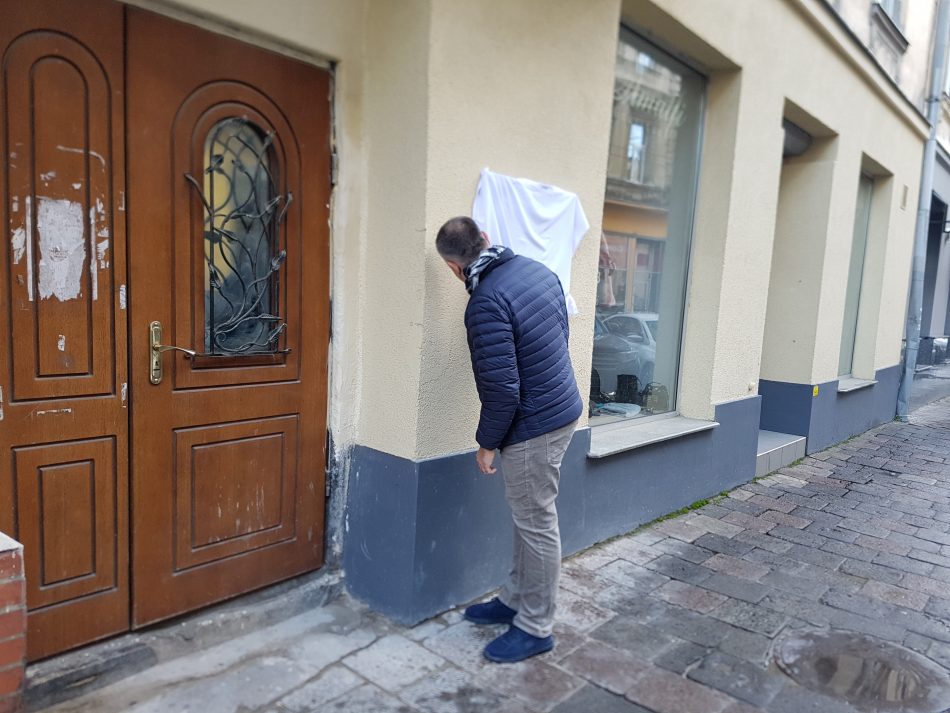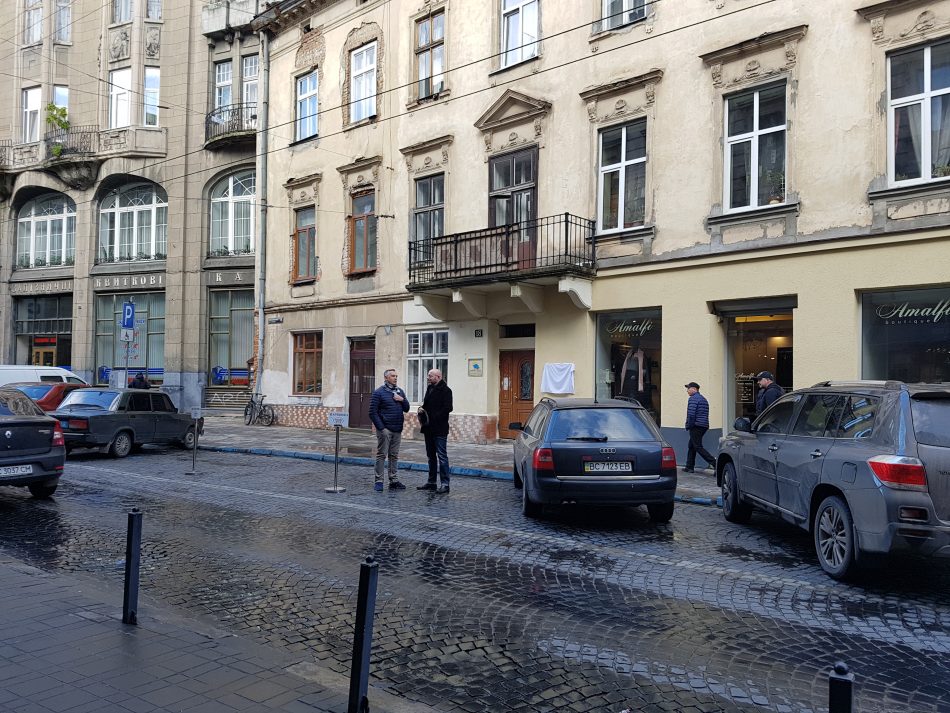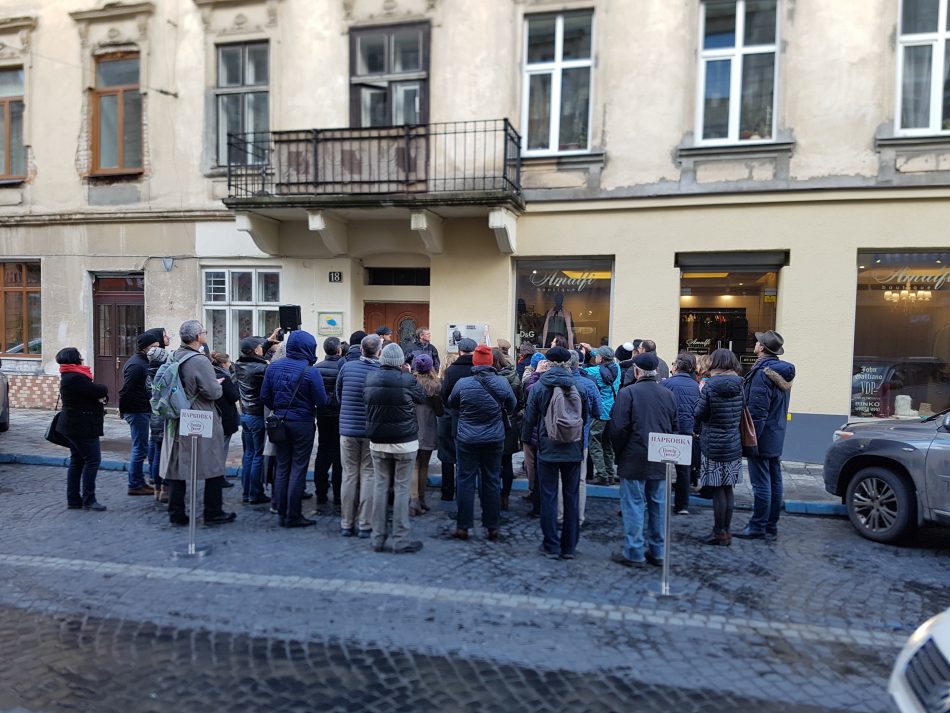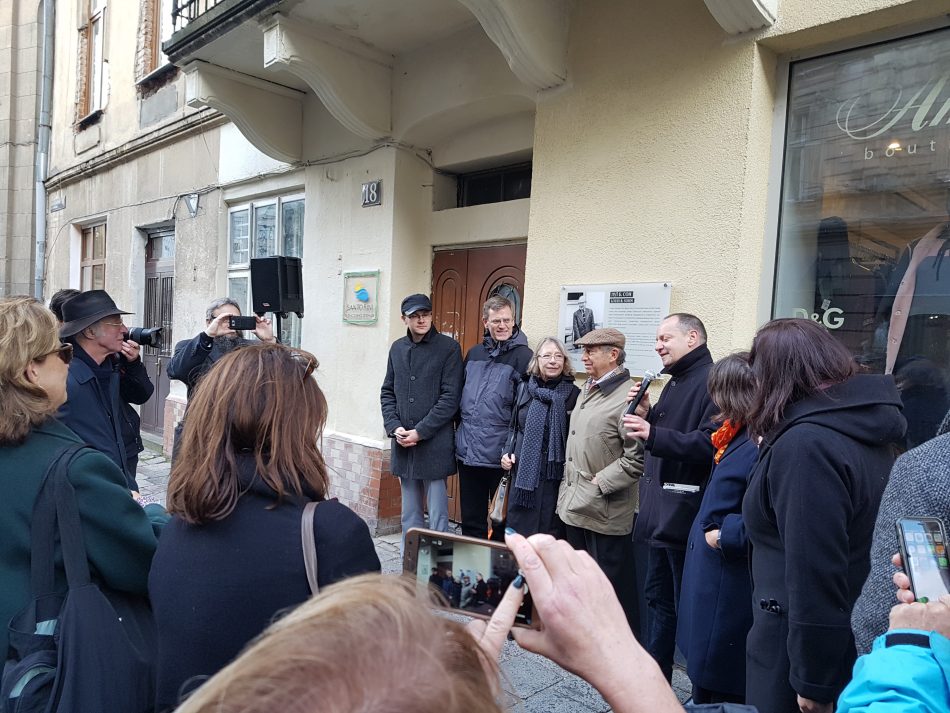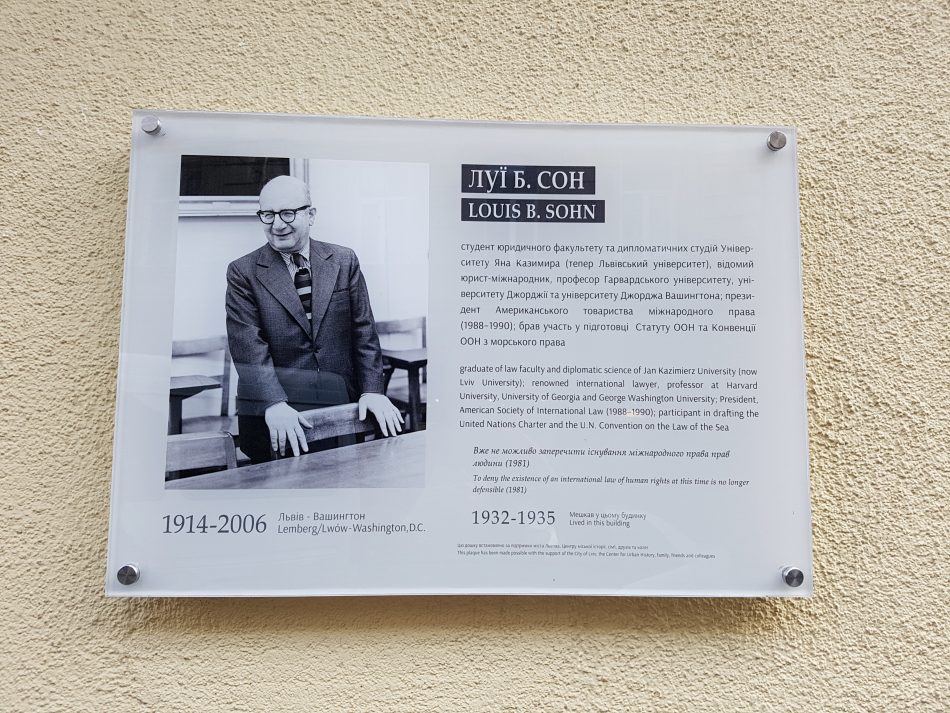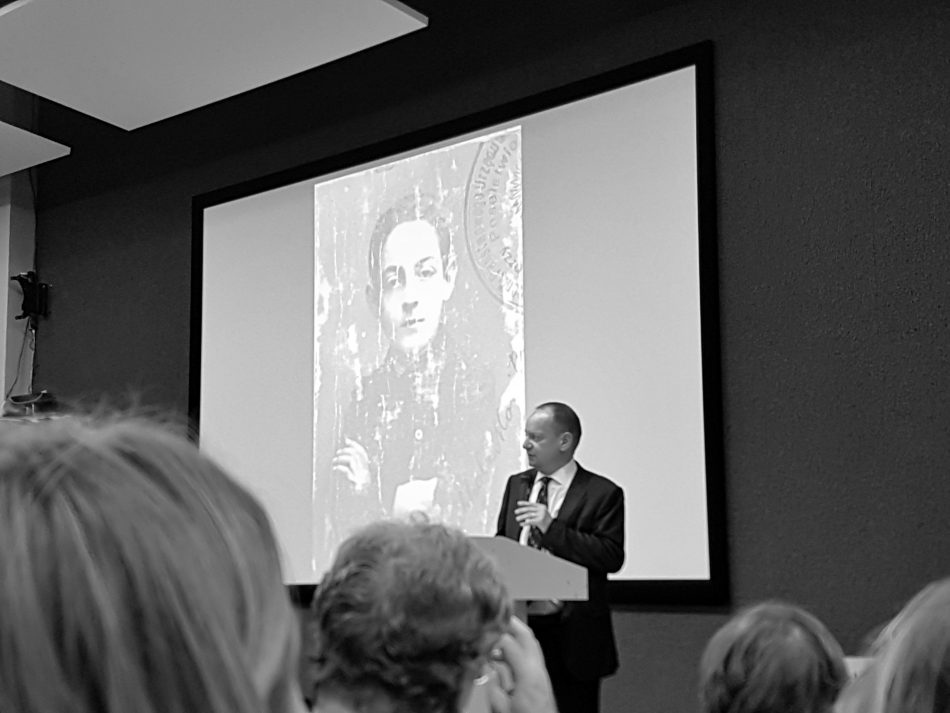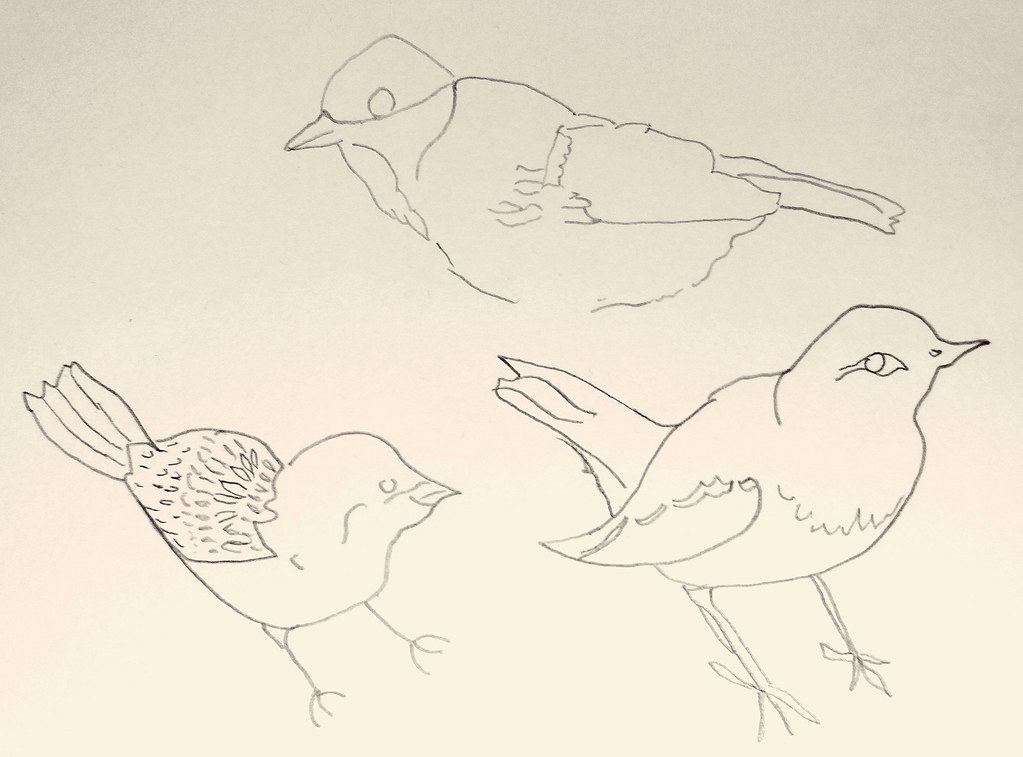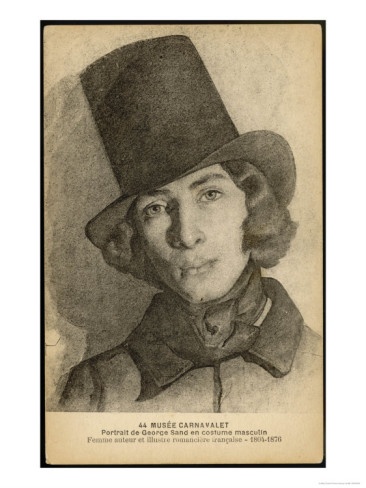Om att vara intanför
Category: by sophie engström, krönika
Tags: innanför, intanför, utanför
Jag sitter och tittar på den frostade glasrutan som leder ut till någon verklighet utanför. Här inne råder en ordning av stängda dörrar, maktens klädesplagg, och blanka klackar som dånar mot golvet. Jag är inne men ändå utanför. Det är en speciell känsla, den där att vara inne men inte med. Ibland tror jag att det är min lott i livet.
Det är för att jag är rörlig, har jag förstått. Ofta slipper man att låta mig vara med för att jag inte har för avsikt att stanna så länge. Det är i alla fall vad man utgår ifrån. Att jag är tillfällig, då jag inte varit här hela tiden.
Det är egentligen det som är det märkligaste med tron att några hör till mer än andra. Vi gör ofta så där mot varandra. De som inte är härifrån behöver man inte bjuda in.
Ibland är det även så att man utgår från att någon är utanför även när den är inne då det är enklare att denne är utanför för att de genom att vara inne kan skapar mer besvär. Bara genom att vara inne. Ibland är det även så att man kan avvisa de som är inne, eller säga åt dem att de möjligen inte är inne, och att de har förväxlat ute med inne, därför måste de ut före de ska in. Och egentligen är det bättre om de är ute, eftersom inne bara är för dem innanför. Inte för dem som egentligen kommer utifrån. Därför vill man hellre att de är utanför trots att de egentligen är inne. Det gör alla mer säkra på vad inne verkligen är. Det är för oss som är inne. Inte för er utanför.
Det märkligaste med de frostade glaset och de långa korridorerna som alstrar eko åt de blanka klackarna, är att de finns överallt. Varje skrymsle av vår verklighet har en liten sådan här gömma, dit man förpassar sådana som förvillat sig in, trots det vore bättre om de var ute. Hela nationstänkandet bygger faktiskt på att ska det där speciella tillståndet.
Och om man är riktigt lyckosam, kan man kanske försätta de utifrån som smugit sig in, i en limbo-situation. Så att de förblir intanför. Där kan de hänga och gunga, fram och tillbaka.
Fram och tillbaka.
Fram och tillbaka.
Fram och tillbaka.
Fram och tillbaka.
Fram och tillbaka.
Fram och tillbaka.
Fram och tillbaka.
Fram och tillbaka.
Fram och tillbaka.

Detta är skrivet med anledning av att Sverige utvisar arbetskraft. Arbetskraft som vi behöver. Samt med anledning av alla oss andra som pendlar mellan hopplöshet och förtvivlan i oändliga processer, som ofta slutar i en liten, men utdragen, suck. Innan allt börjar om igen på nytt.


